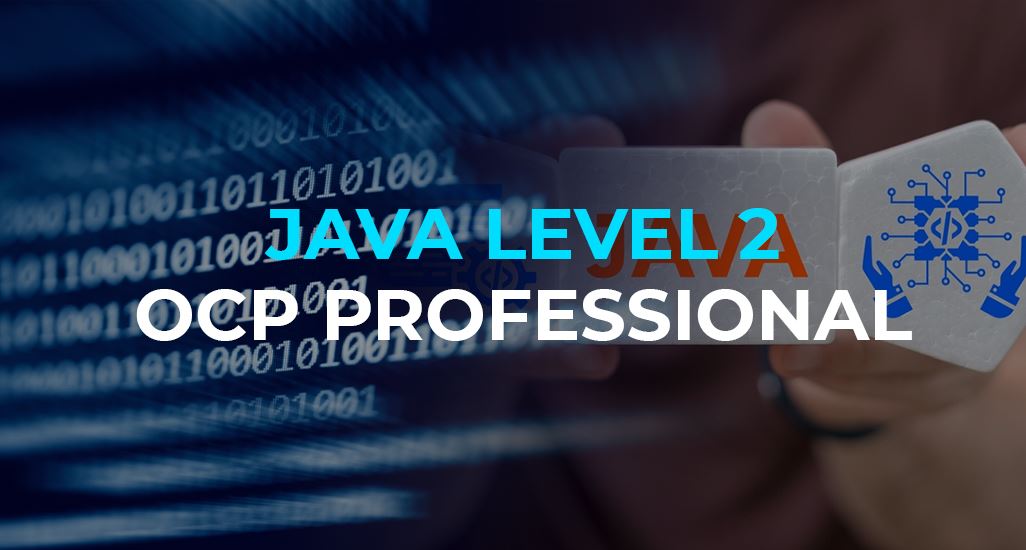
Java SE8 Programming II can build new skills and validate expertise in an Oracle Certification Professional. This is a second-level course for programmers learning the Java programming language. It concludes the topics that being taught in the Java SE: Programming I, and provides additional key skills for Java programmers, such as secure coding, modular programming, and database access.
Java SE8: Programming I
This course aims to provide the delegate with the skills needed to build and/or maintain Java applications that exploit advanced features. It also serves as good preparation for developers seeking to contribute to enterprise level applications built with Java EE/Jakarta EE/Spring or similar.
You’ll gain hands on experience with basic object-oriented programming concepts like inheritance, encapsulation and abstraction. Learn to create and use simple Java classes containing arrays, loops and conditional statements.
Comprehensive hands-on exercises are integrated throughout to reinforce learning and develop real competency.
This certification exam is for programmers experienced using the Java programming language. Achieving this certification provides clear evidence that a programmer understands the basic syntax and structure of the Java programming language and can create Java technology applications that run Java SE.
| Required Exam(s) | Recommended Training |
| Exam Code: 1Z0 – 809
Exam Title: OCP, Java SE 8 Programmer |
Oracle Certified Professional, Java SE 8 Programmer |
The Java level 2 program also offers a number of shorter curricula which are related to SQA standalone HN Units. These are also assessed by means of restricted response questions and practical labs and so can give credit transfer to complete units. Learner can earn up to 32 credits upon passing all exams successfully.
Modes of Learning: (for further details, please read the attached document)
You have the option of undertaking this course via following learning modes:
The Java Programming II course is aimed at existing Java developers (completed Java level 1 Programming course) who are seeking to build on their knowledge of the fundamentals so as to make full use of the language’s advanced features.
This qualification suits the following:
This course is fully SAAS PTFG funded and available to eligible individuals only;
https://www.saas.gov.uk/_forms/funding_guide.pdf
Please follow the below link to check if you qualify for the course funding;